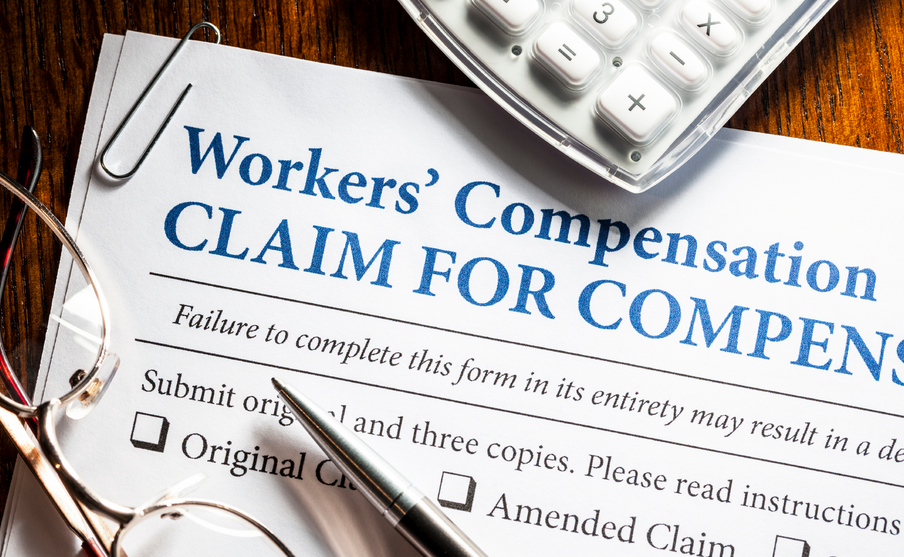No matter how safe and secure you make the workplace for your employers, it only takes a moment of broken concentration by one employee to result in physical bodily damage and injury to another employee. As with all workplace accidents, this one must be reported to the proper authorities, and then the waiting game begins. While you wait to see what the results of the accident will be, here are some answers that all employers have after workplace injuries.
1. Can you ask for evidence that the injured party can return to work?
Yes. Even if a physician submits signed approval allowing the employee to return to work, if you see problems with the employee’s performance and have doubts about work execution, you can request further evidence. Any information, studies, or testing must be done at your own expense, and not that of the insurance or employee.

2. What if the employee can return to work, but can’t do the same job?
This can be a difficult situation for both of you, but the employee must be employed in a suitable position upon return to the job site. That is only applicable if you employ six or more employees. However, be careful you follow the law, or you may run into the sights of an your employee contacted.
3. Can you discipline the injured employee if he or she misses work because of the injury?
No. If the employee has trouble getting back to work full time but is trying, and if the claim for workers’ compensation is still compensable, you may want to be careful about any discipline regarding the injured individual that is trying to get back into the work field. You have no idea how much pain or physical damage he or she is still dealing with that results in absences.
When dealing with an injured employee, compassion is always the best option when it comes to getting the employee back to work. If you have any questions, contact your representative or attorney.

